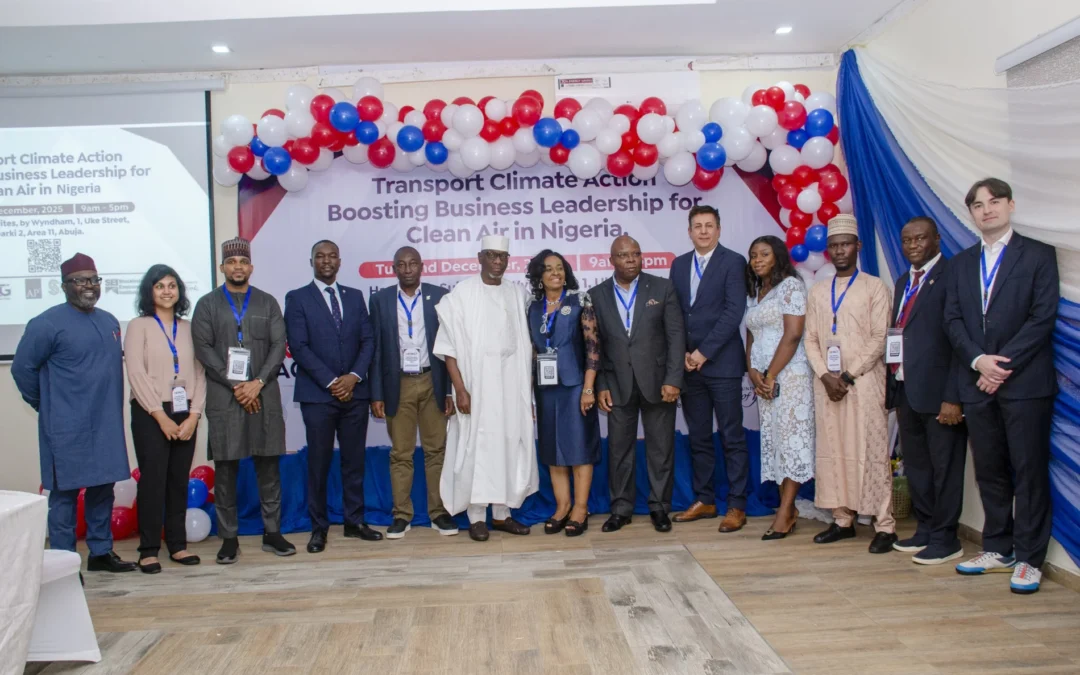by talya.enriquez | May 19, 2016 | News
The Executive Secretary of the United National’s Framework Convention on Climate Change (UNFCCC), Cristiana Figueres, has called to reunite the transport sector worldwide in the push towards climate neutrality and connect the patchwork of policies we can expect...
by talya.enriquez | May 16, 2016 | News
Shanghai, May 16th 2016 The Partnership on Sustainable, Low Carbon Transport (SLoCaT) conducted an analysis on the Zero Draft of the New Urban Agenda (NUA)- the expected outcome document of the Habitat III Conference- from the perspective of sustainable...
by Alice Yiu | Feb 3, 2016 | News
The International Maritime Organization is set to consider an emissions target in April, says newly appointed head Kitack Lim Kitack Lim took the top IMO job on 1 January (Pic: International Maritime Organization) By Megan Darby The UN shipping body is likely to...
by SLOCAT | Dec 17, 2015 | News
The SLoCaT Partnership observed the negotiations in COP21 and published daily reports to report on the negotiations from a Transport perspective. We have now completed our initial assessment of the Paris Agreement and the associated COP21 decision. A more complete and...
by Alice Yiu | Dec 10, 2015 | News
CEOs from 79 companies and 20 economic sectors under the World Economic Forum have released the CEO Climate Leadership for Automotive Statement on December 10th, 2015. The Declaration was written on the occasion of the 21st Conference of the...
 Insights & Data
Insights & Data
 Actions & Change Makers
Actions & Change Makers
 Advocacy & Engagement
Advocacy & Engagement
 Impact Stories
Impact Stories
 Our Strategic Plan
Our Strategic Plan
 Our Vision
Our Vision








